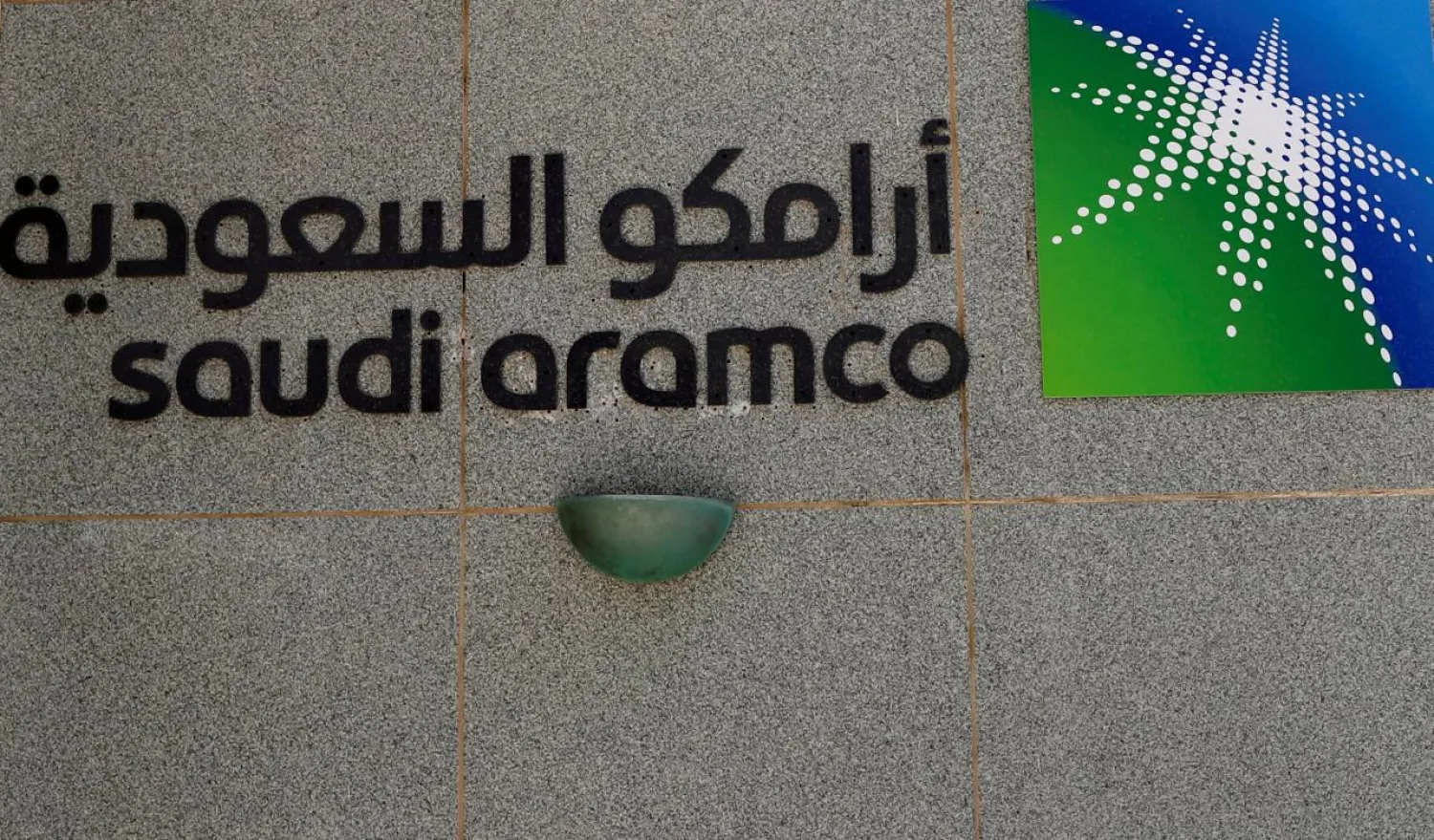Strategic collaboration between Saudi Arabia and Russia continues to progress with Saudi Aramco President and CEO Amin Al-Nasser who attended the groundbreaking ceremony of a new Saudi Aramco Research Center at the Lomonosov Moscow State University (MSU) Science Park, reported the Saudi Press Agency on Friday.
The Center is Saudi Aramco’s 9th R&D facility outside the Kingdom and will focus on upstream technologies in simulation and modeling, advanced materials, data analytics and artificial intelligence. It promotes collaborative research activities primarily with MSU and other entities in Russia.
Al-Nasser said: “Saudi Aramco welcomes the collaboration with Lomonosov Moscow State University, an institution globally known for its centuries-old tradition of academic excellence, and its importance to the oil and gas industry.”
“Strong partnerships between industry and academia are key to addressing society’s energy challenges, and Saudi Aramco’s global research center at MSU Science Park will help drive research and innovation to develop new technology solutions.”
The groundbreaking at MSU Science Park follows the announcement of a Memorandum of Understanding signed in August 2018 by the two partners.
At the event, a research agreement between Saudi Aramco and MSU was signed to enable collaborative research projects between the two entities.
“Our ongoing strategic engagements and discussions with partners in Russia are taking our relationship to new heights. We advance our shared interests in stewarding our nations’ rich hydrocarbon resources, providing reliable energy sources to the world,” Nasser added.









